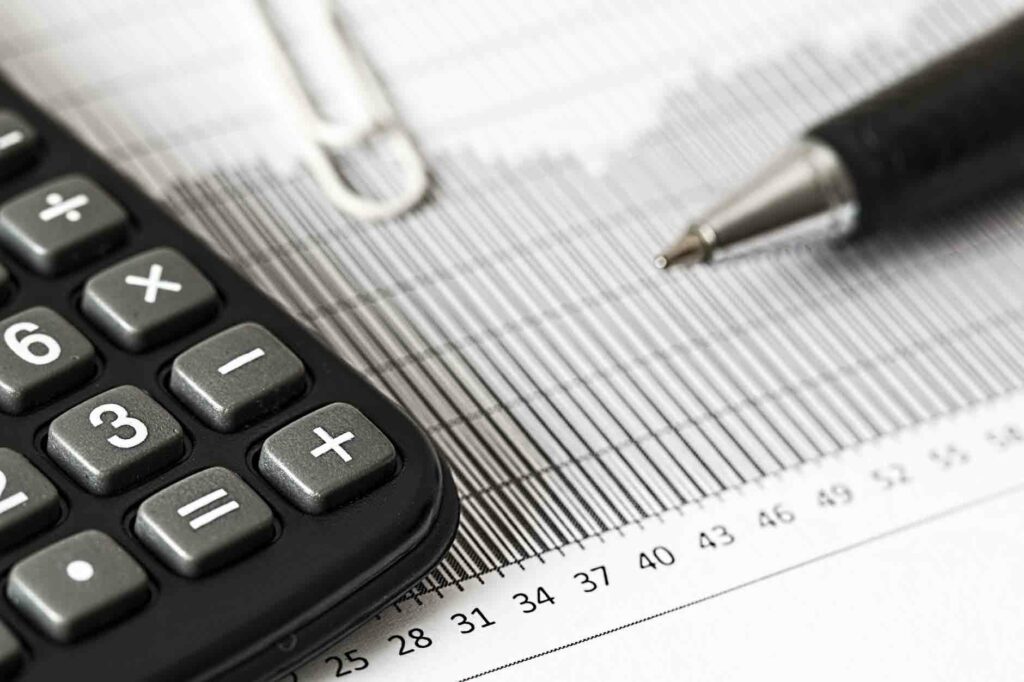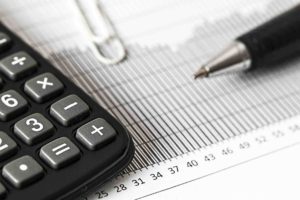Two focuses of my blog are Financial Literacy/Money and General Education. While it’s typically covered in many K-12 education core curricula, some adults still don’t understand the purpose of taxes, how they’re raised and how they’re abused by government officials. It’s a topic that every adult should have knowledge of. The following contributed post is entitled, Why Should Every Adult Learn About Tax Returns.
* * *

In my eyes, every adult should learn about tax returns. Ideally, this should begin when you’re a child – or at least when you’re in high school. It sounds like a boring topic, but tax is one of the most important parts of your adult life. Whether you own a business or not, you will pay tax. It is basically how the government gets the money to fund different projects in various communities. As much as people despise paying taxes, it’s a necessity for a successful country.
If you know nothing about tax returns, it’s well worth learning something new. To convince you that this is worthwhile, here’s why every adult should know something about tax returns:
Understand where your money goes
Learning about taxes helps you understand where your money goes. In essence, it teaches you why you have to pay a tax return. For small business owners and the self-employed, tax season is always a bummer. It can feel like you’re parting with hard-earned wages for no reason at all. By learning the ins and outs of taxes, it provides more context to the situation. You may still be irritated by paying your taxes, but at least you understand where the money goes and how it might benefit you in the future.
Pay the right amount
Similarly, gaining knowledge of tax returns allows you to pay the right amount. You will often fall on either side of the spectrum if you don’t know anything about tax returns. Some people pay far too much; others pay too little. If you pay too much, you basically do yourself an injustice as you could’ve held onto some money. Again, suppose you’re self-employed or running a business. In that case, this can be the difference between making a profit and breaking even. Obviously, paying too little is wrong as you can be hit with fines and criminal charges. By understanding tax returns, you will always pay as much as required.
Forge out a new career
Tax returns are an essential part of the world, and loads of people file them. As this entire article suggests, hardly anyone actually understands tax returns. Therefore, your knowledge could help you forge a new career. Take an online course to earn a tax preparer certification, and you can suddenly carry out tax returns for different people and businesses. This service is in demand, meaning you can earn a lot of money. It’s something you can do alongside your current job or as a career in its own right. Don’t just assume that learning about something is good from a personal development standpoint. It can also give you a leg up in life that leads you to more success.
In conclusion, learning about tax returns can be highly beneficial. It’s something all adults should do, and it should form part of an educational program geared towards money management. If I were in charge of education in this country, that would certainly be something I’d push forward. People grow up with pointless knowledge of things they never need in life. Instead, let’s teach people about crucial things like taxes, savings, and so on.


